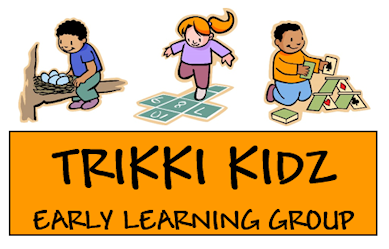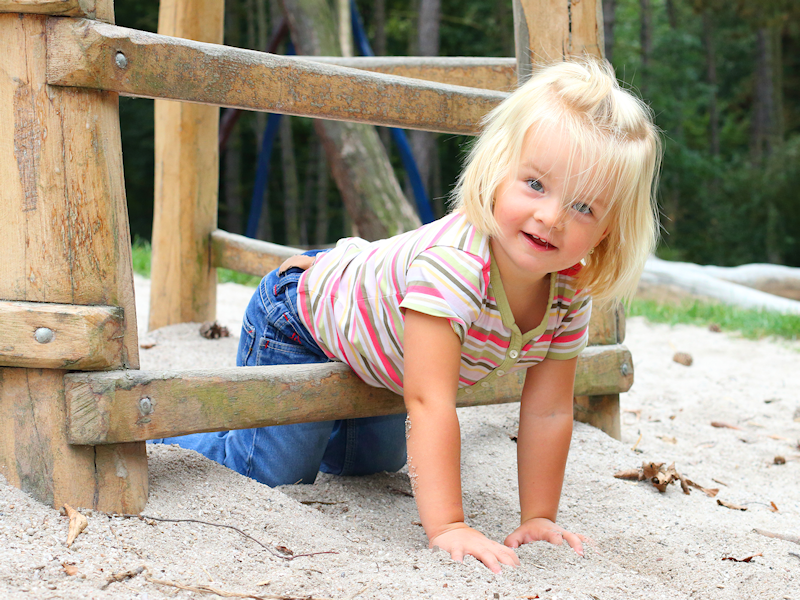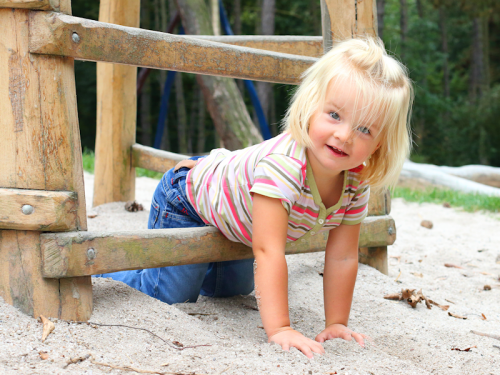At Trikki Kidz we recognise the importance of holistic approaches and pay attention to children’s physical, intellectual, social, emotional, spiritual and environmental wellbeing as well as cognitive aspects of learning. We recognise the connections between children, families and communities and the importance of reciprocal relationships and partnerships for learning.
At Trikki Kidz we plan opportunities for intentional teaching and knowledge-building. We document and monitor children’s learning and use strategies such as modelling and demonstrating, open questioning, speculating, explaining, and engaging in shared thinking and problem solving to extend children’s thinking and learning. Our learning environments are welcoming spaces which reflect and enrich the lives and identities of children and families participating in the setting, responding to their contributions, interests and needs. We foster an appreciation of the natural environment, develop an environmental awareness and provide a platform for ongoing environmental education.


At Trikki Kidz we strive to achieve cultural competence. We celebrate the benefits of diversity and understand and honour differences. We encompass positive attitudes towards cultural differences, acknowledge different cultural practices and views and develop skills for communication and interaction across cultures.
At Trikki Kidz we recognise the importance of continuity of learning and transitions. We strive to achieve successful transitions between homes and service settings. In partnership with families, we ensure that children have an active role in preparing for transitions. We also work collaboratively with children’s future educators and other professionals to ensure successful transitions to school.
At Trikki Kidz we plan, document and evaluate children’s learning. We focus on the five learning outcomes from the Early Years Learning Framework which are reflected in our service philosophy. We examine the learning strategies that children use and reflect ways in which learning is co-constructed through interactions between the educator and each child. All children demonstrate their learning in different ways. We use approaches that are responsive to physical, intellectual, cultural and linguistic requirements and acknowledge each child’s ability and strength allowing them to demonstrate competence. We strive to assist families to support children’s learning and empower them to act on behalf of their children beyond the early childhood setting.


